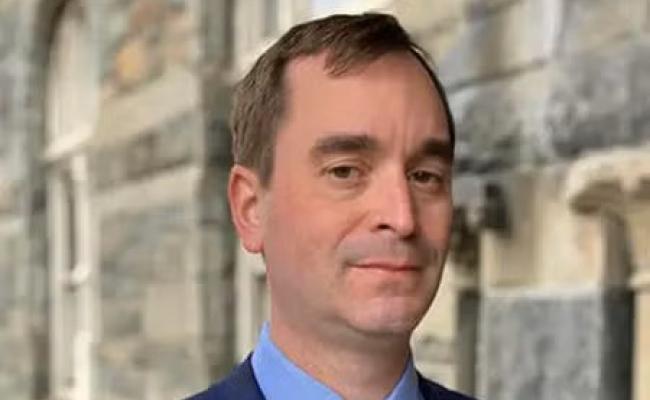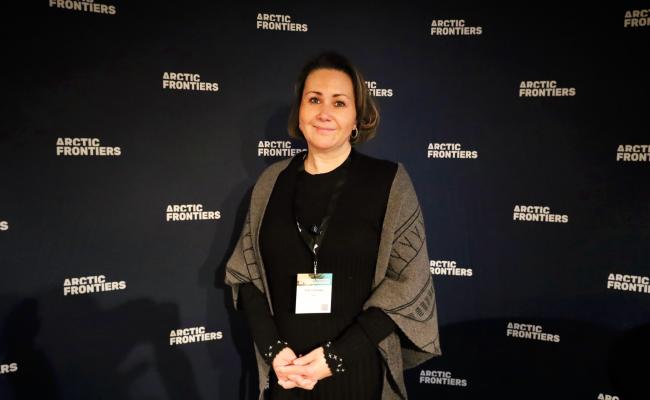Op-ed: Rubio Should Designate U.S. Consulate in Nuuk as an Independent Post

Marco Antonio Rubio is an American politician, diplomat, and attorney serving as the 72nd United States secretary of state and acting administrator of USAID since 2025. (Photo: U.S. Department of state)
This is an opinion piece written by external contributors. The views expressed are the authors' own.
In my prior column, I argued that Secretary of State Marco Rubio should consider directing U.S. Consul Monica Bland to produce an Integrated Country Strategy for Greenland. Admittedly, there is a potential problem with that proposal.
The U.S. Department of State has not designated the U.S. Consulate in Nuuk as an independent post.
As background, the U.S. Department of State has taken very different approaches to the organizational structuring of the Overseas Countries and Territories in the Western Hemisphere.
The Dutch Overseas Countries and Territories (i.e, Aruba; Bonaire; Curacao; Saba; Sint Eustatius; Sint Maarten) have been placed under an independent post in their own region (i.e., U.S. Consulate General in Curacao).
The French Overseas Countries and Territories (i.e., Saint Barthelemy; St. Pierre et Miquelon) have been placed under independent posts in other independent states located in the Western Hemisphere (e.g., U.S. Embassy in Barbados; U.S. Embassy in Canada).
It risks incongruence
Only the Danish Overseas Country (i.e., Greenland) has been placed under the independent post located in their country proper (i.e., U.S. Embassy in Copenhagen).
The problem with this variance is that it risks incongruence.
In the case of Greenland, there appears to be growing misalignment between at least two strategic choices. The first is the winning aspiration for Greenlandic Affairs being set by President Trump and his senior advisors.
The second is the choice on where to play to achieve that winning aspiration by the U.S. Department of State. To achieve the winning aspiration being set by the Trump Administration, the U.S. Department of State will need to make disproportionately high investments in Greenland.
That includes increasing the U.S. diplomatic posture in Greenland. In part, that could be achieved by expanding the U.S. Consulate in Nuuk.
Also read (The text continues)
In part, it could also be achieved by establishing the U.S. Consulate in Nuuk as an independent post under the Bureau of Western Hemisphere Affairs.
The benefit of transforming the U.S. consulate in Nuuk into an independent post under the Bureau of Western Hemisphere Affairs is that it may increase coherence.
In the case of Greenland, there is a growing misalignment between the U.S. diplomatic posture and external reality. The Self-Government of Greenland now has representative offices in five independent states around the world. One is the United States (USA).
Another is the People’s Republic of China (PRC). In an age of renewed major power competition, there are good reasons for the U.S. Government to adjust to the new reality of foreign policy-making in the Kingdom of Denmark. Foreign policy decisions are not made exclusively in Europe.
Increasingly, they are being made in North America. Obviously, that carries the risk that they can pull in different directions.
For that reason, it would make a lot of sense for the U.S. Department of State to designate the U.S. Consulate in Nuuk as an independent post under the Bureau of Western Hemisphere Affairs.




